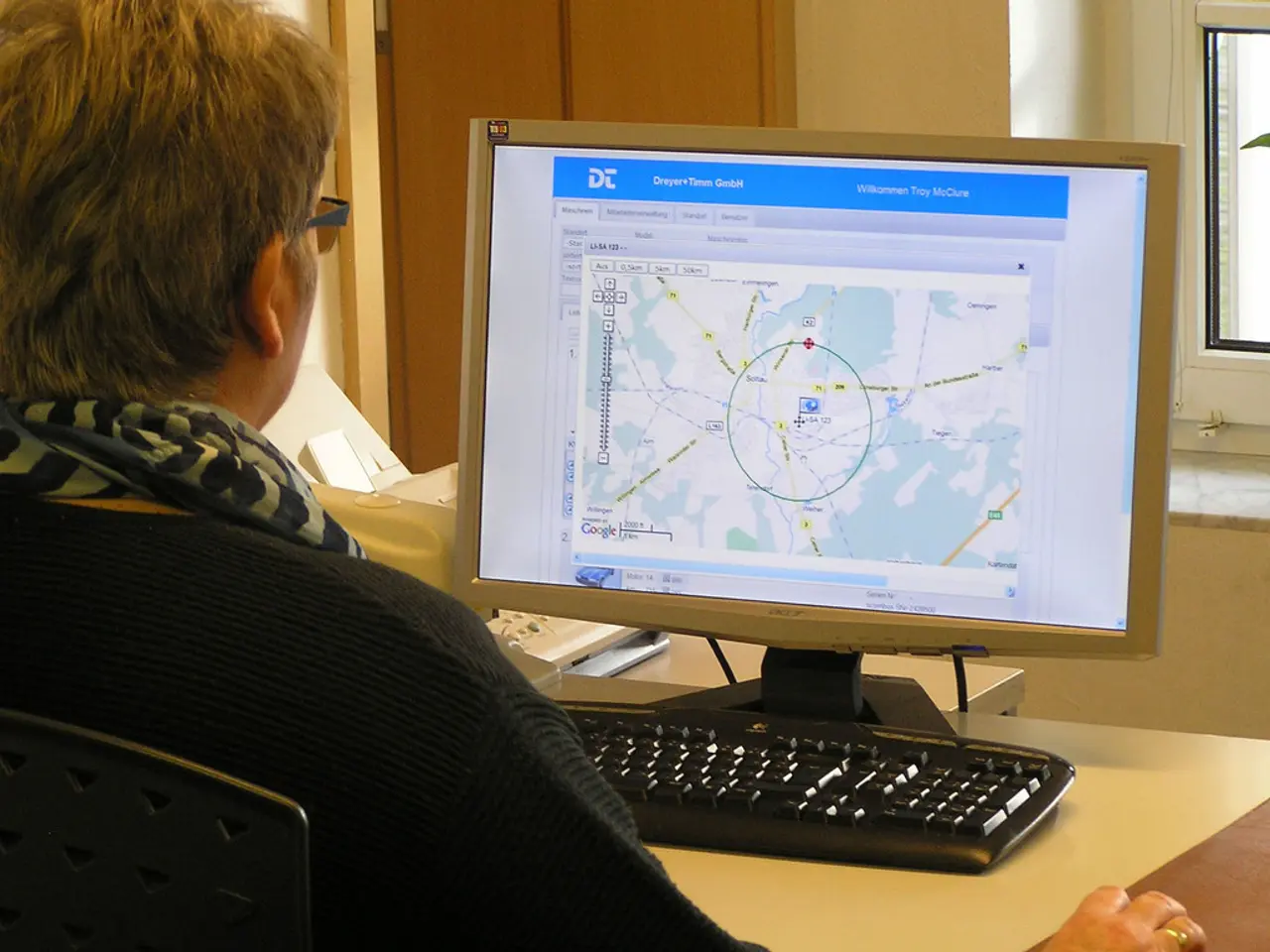Windows 10 Phase-out Announcement: Guiding Users Through the Transition - Initial Phase
Microsoft has announced that it will end support for Windows 10 on October 14, 2025. This means that after this date, there will be no more updates for Windows 10, neither feature nor security updates. This development is significant for both private individuals and businesses using Windows 10, and it's important to address the issue promptly and implement a solution.
Costs and Availability of the Extended Security Updates (ESU) Program
Companies have the opportunity to access the ESU program for three years, with costs increasing each year. The first year costs $61 per device, totaling $427 per PC within three years. Private individuals, on the other hand, have three options to receive extended security updates for one year: paying $30 once, using 1000 Microsoft Reward points, or activating Windows backup.
For devices accessing Windows 365 or virtual machines on Windows 11 cloud PCs, the ESU program is available without additional costs. It's worth noting that Microsoft has also announced that the support for Microsoft 365 Apps on Windows 10 will be automatically and freely extended by three years.
The Importance of Switching to a Supported Operating System
After the end of support, Windows 10 will no longer receive security updates, patches, or technical support. This leaves systems vulnerable to newly discovered vulnerabilities, making them increasingly insecure over time. To secure their systems, both private individuals and companies should consider upgrading to Windows 11 or an alternative operating system.
Nora Kluger, an expert for digital consumer protection at the BSI, recommends switching to an operating system that continues to receive security updates. Linux distributions like Linux Mint offer a user interface similar to Windows, and daily tasks like browsing, email, office, or streaming work as expected.
Preparing for the Switch
Before switching to Windows 11 or any Linux distribution, it's crucial to backup data, especially personal documents and system data. For companies deeply rooted in the Microsoft ecosystem, transitioning to Linux may require a strategic realignment of the company's entire IT infrastructure.
It's also important to maintain updated antivirus software, use strong passwords, conduct regular backups, and establish emergency plans to reduce cyber risks. The threat of cyber attacks is increasing, especially since the beginning of the Russian invasion of Ukraine, and in 2024, cyber attacks caused 2/3 of the total damage caused to the German economy by data theft, sabotage, and industrial espionage, amounting to 178.6 billion euros.
Looking Ahead
As we move forward, it's essential to stay informed about the data that Windows 11 collects during use and ways to limit this data collection. In the next part of this series, we will discuss Windows 11, its data collection practices, and ways to protect your privacy.







